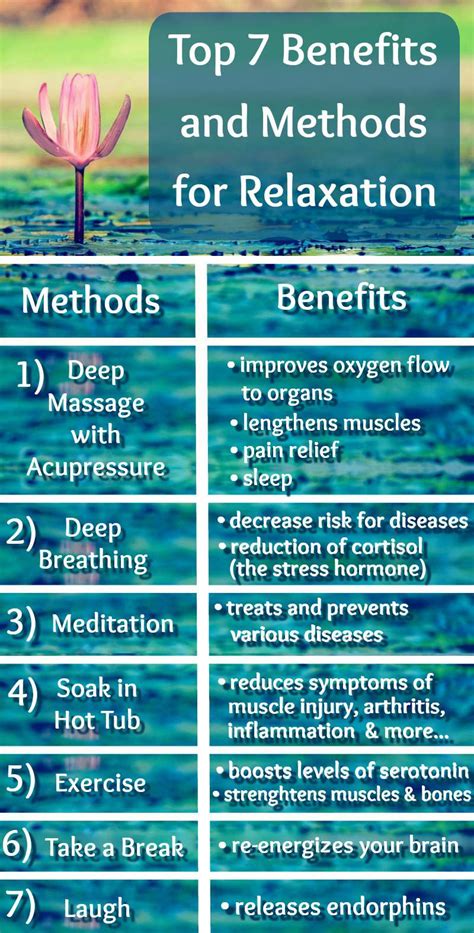How to naturally optimize testosterone for peak male performance & vitality?

Testosterone, often hailed as the cornerstone of male health, plays a pivotal role far beyond just libido. It influences muscle mass, bone density, energy levels, mood, cognitive function, and even cardiovascular health. While synthetic options exist for low testosterone, many men are increasingly seeking natural methods to optimize their levels, aiming for sustainable peak performance and vitality without external intervention. This guide delves into actionable, evidence-backed strategies to naturally boost your testosterone.
The Indispensable Role of Testosterone in Men’s Health
Testosterone is the primary male sex hormone, an androgen produced predominantly in the testes. Its influence spans across numerous physiological systems. During puberty, it drives the development of secondary sexual characteristics like increased muscle mass, deepened voice, and body hair. Throughout adulthood, it maintains these traits and is crucial for:
- Muscle Mass and Strength: Essential for building and maintaining lean muscle tissue.
- Bone Density: Helps maintain strong, healthy bones, reducing osteoporosis risk.
- Libido and Sexual Function: A primary driver of sex drive and erectile function.
- Energy Levels and Mood: Directly impacts energy, stamina, and overall mood, with low levels often linked to fatigue and irritability.
- Red Blood Cell Production: Contributes to healthy red blood cell counts.
- Cognitive Function: Emerging research suggests a link to memory and focus.
As men age, testosterone levels naturally decline, often leading to symptoms like decreased energy, reduced muscle mass, increased body fat, lower libido, and mood disturbances. The good news is that lifestyle modifications can significantly mitigate this decline and even optimize levels.

Pillars of Natural Testosterone Optimization
Optimizing testosterone naturally is a holistic endeavor, requiring attention to several interconnected lifestyle factors. There’s no single magic bullet, but a synergistic approach yields the best results.
1. Nutritional Excellence: Fueling Your Hormones
Your diet is perhaps the most fundamental factor in hormone production. What you eat directly impacts testosterone synthesis.
- Healthy Fats are Crucial: Don’t fear healthy fats! Monounsaturated and saturated fats are precursors to cholesterol, which is then converted into testosterone. Incorporate sources like avocados, olive oil, nuts, fatty fish (salmon), and coconut oil. Avoid trans fats entirely.
- Adequate Protein Intake: Essential for muscle building and overall hormone health. Aim for high-quality protein from sources like lean meats, poultry, fish, eggs, and legumes.
- Micronutrient Powerhouses:
- Zinc: Vital for testosterone production. Found in oysters, red meat, poultry, beans, and nuts.
- Vitamin D: More a hormone than a vitamin, Vitamin D is strongly linked to testosterone levels. Get sun exposure and consider supplements if deficient.
- Magnesium: Plays a role in countless bodily functions, including testosterone regulation. Found in dark leafy greens, nuts, seeds, and whole grains.
- Limit Sugar and Processed Foods: High sugar intake can lead to insulin resistance and increased body fat, both of which negatively impact testosterone. Processed foods often contain endocrine disruptors.

2. Strategic Exercise: Lift, Sprint, Thrive
Not all exercise is created equal when it comes to testosterone. Certain types are far more effective.
- Strength Training: Lifting heavy weights, especially compound movements like squats, deadlifts, bench presses, and overhead presses, is a powerful testosterone booster. Focus on progressive overload.
- High-Intensity Interval Training (HIIT): Short bursts of intense exercise followed by brief recovery periods have been shown to elevate testosterone.
- Avoid Overtraining: While intense exercise is good, excessive or chronic endurance training without adequate recovery can increase cortisol (a stress hormone) and suppress testosterone.

3. Master Stress: Tame Cortisol’s Grip
Chronic stress is a testosterone killer. When you’re stressed, your body releases cortisol. High cortisol levels directly compete with testosterone production, as they share the same precursor molecule (pregnenolone). Furthermore, chronic stress can lead to fat gain, which also suppresses testosterone.
- Mindfulness and Meditation: Regular practice can significantly reduce stress and cortisol levels.
- Yoga and Deep Breathing: These practices promote relaxation and balance the nervous system.
- Hobbies and Leisure: Dedicate time to activities you enjoy to unwind and de-stress.
4. Prioritize Quality Sleep: The Hormonal Reset Button
Sleep is when your body repairs and regenerates, including hormone production. Insufficient or poor-quality sleep is a major contributor to low testosterone.
- Aim for 7-9 Hours: Consistency is key. Go to bed and wake up around the same time each day, even on weekends.
- Optimize Your Sleep Environment: Make your bedroom dark, quiet, and cool.
- Limit Screen Time Before Bed: Blue light from devices can disrupt melatonin production, impacting sleep quality.

Additional Natural Boosters & Considerations
- Maintain a Healthy Weight: Excess body fat, particularly around the abdomen, increases an enzyme called aromatase, which converts testosterone into estrogen. Losing weight can significantly improve T levels.
- Minimize Endocrine Disruptors: Be mindful of plastics (BPA, phthalates), pesticides, and certain chemicals in personal care products that can mimic hormones and disrupt your endocrine system.
- Moderate Alcohol Consumption: Excessive alcohol intake can directly harm Leydig cells (which produce testosterone) and increase estrogen levels.
- Sun Exposure: Natural sunlight helps your body produce Vitamin D, which, as mentioned, is crucial for testosterone.
Conclusion: A Holistic Path to Peak Vitality
Naturally optimizing testosterone is not about quick fixes; it’s about adopting a sustainable, healthy lifestyle. By meticulously addressing your diet, embracing strategic exercise, mastering stress, and prioritizing quality sleep, you can empower your body to produce and regulate testosterone effectively. This holistic approach not only boosts your T levels but also enhances overall well-being, leading to improved energy, mood, muscle mass, sexual health, and a profound sense of vitality, propelling you towards peak male performance in all aspects of life.










